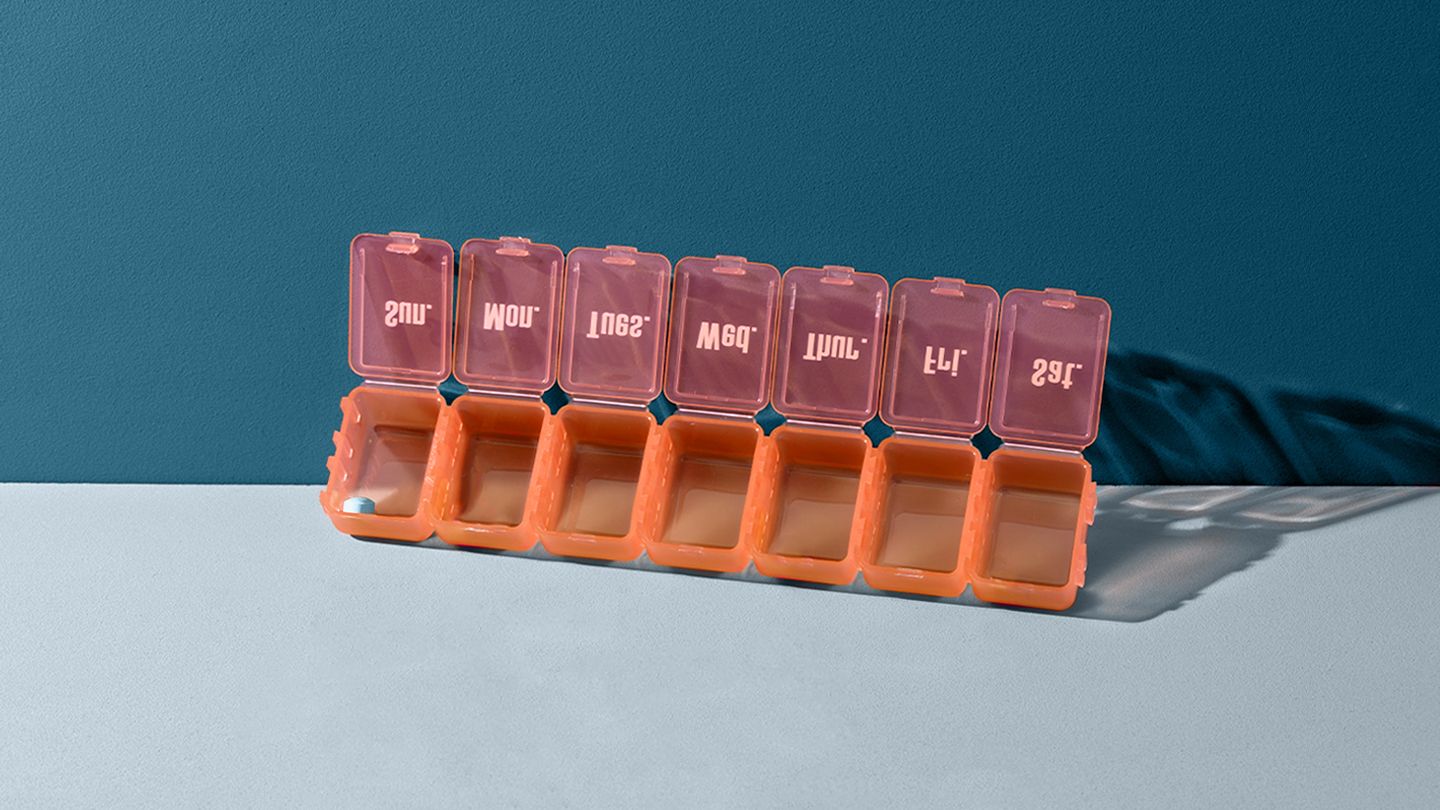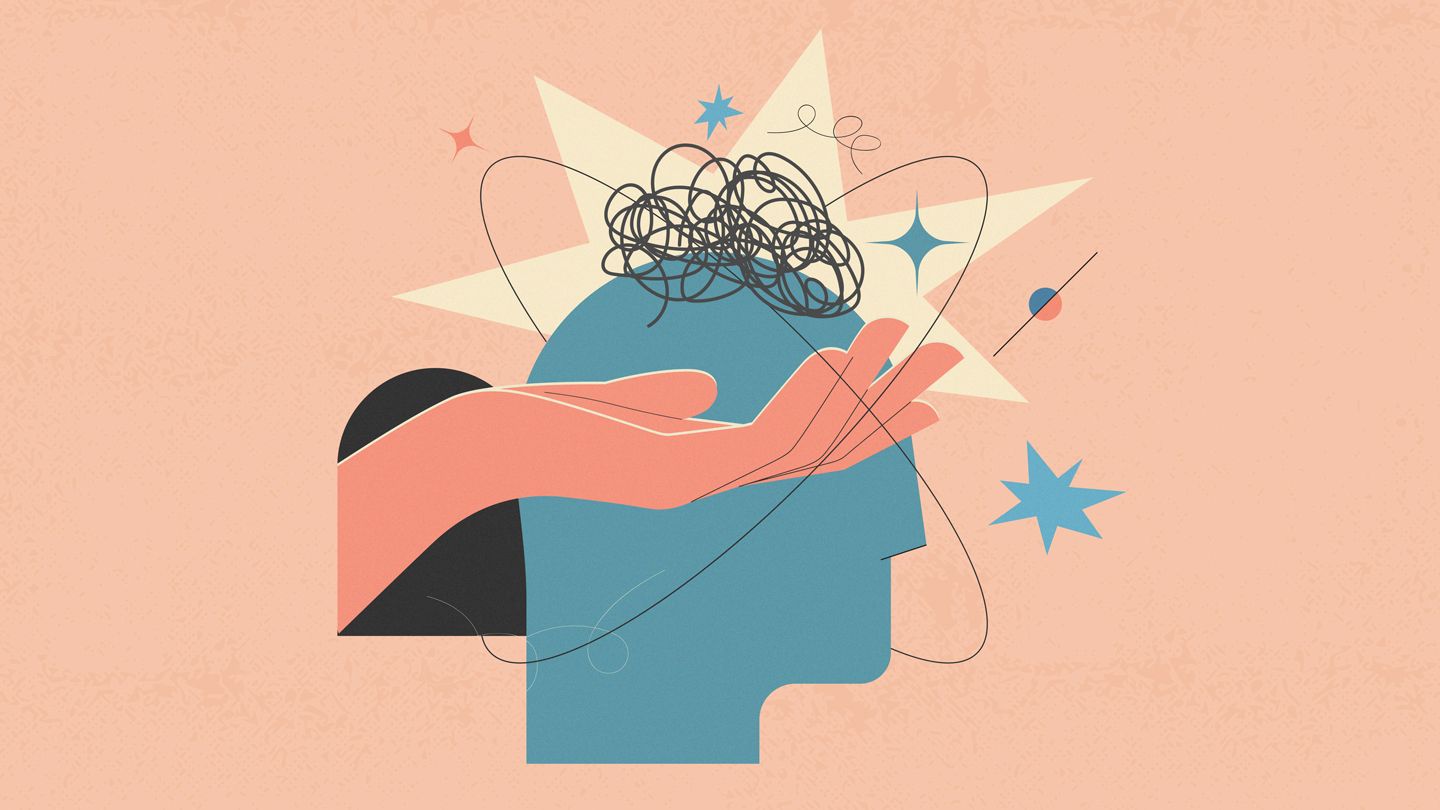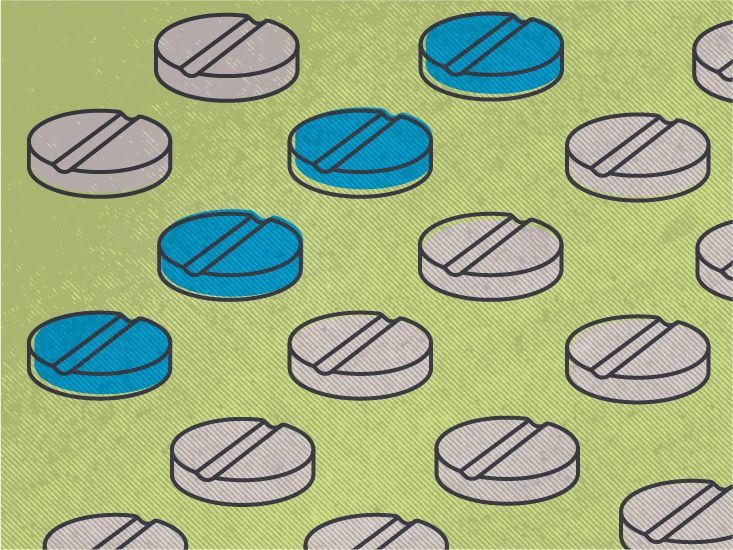Hey there if you're reading this because you or someone you love has been having trouble getting their ADHD medication, I hear you. And honestly? You're not alone. There really is a nationwide ADHD stimulant shortage happening right now, and it's left a lot of us scrambling to find answers. It's frustrating, I get it. But stick with me we're going to walk through everything together.
The Real Story Behind the Shortage
Let's start at the beginning. This whole thing really kicked off around October 2022, and it's been ongoing since then. We're talking about major medications like Adderall, Mydayis, Ritalin, and Vyvanse the ones that millions of people rely on to function day-to-day. And it's not just happening in the U.S. either. Countries like the U.K. and Australia have been dealing with similar issues.
So what's actually causing this? Well, it's kind of like a perfect storm of problems:
- Manufacturing delays hit hard think supply chain issues that made everything from toilet paper to toys scarce during the pandemic
- Demand for these medications has absolutely exploded, especially since more adults are being diagnosed with ADHD
- Changes in policies, like the Ryan Haight Act adjustments and the surge in telehealth, made it easier for more people to get diagnosed and prescribed
It's like if suddenly everyone in your neighborhood decided they wanted to buy the same popular item at the same time, but the factory making it was already running behind. Chaos, right?
How Real People Are Being Affected
Numbers and statistics are one thing, but what really matters are the real stories behind all this. I want you to know that the impact goes way beyond just not having a bottle of pills. When I talk to parents, they tell me about mornings where their kids can't focus on getting ready for school, about homework battles that last for hours, about feeling like they're constantly walking on eggshells.
Adults aren't spared either. I've heard from friends who've had to pull back from important projects at work, from people who've struggled to maintain relationships because their frustration levels are through the roof without their usual medication to help them manage.
This isn't just about inconvenience it's about real safety concerns for kids, real mental health impacts, and real struggles with work and relationships. It's scary to feel like you're losing control of something that was helping you stay grounded.
Think about it this way if you usually rely on glasses to see clearly, what happens when you can't find your glasses for a week? Everything becomes? That's kind of what this feels like for people with ADHD.
Alternative Options When Stimulants Aren't Available
Here's the thing while we're waiting for the supply chain to stabilize, there are other paths forward. Your doctor might suggest non-stimulant medications like Strattera (atomoxetine) or Intuniv (guanfacine). These aren't controlled substances, which means they're sometimes easier to get, though they might take longer to kick in.
According to research, non-stimulant medications can be really effective for many people, even if they work differently than what you might be used to.
| Medication | Pros | Cons | Best For |
|---|---|---|---|
| Atomoxetine (Strattera) | Not a controlled substance, good for anxiety | Can take weeks to work, may cause nausea | People also dealing with anxiety or depression |
| Guanfacine (Intuniv) | Helps with sleep, less abuse potential | Can cause drowsiness, blood pressure changes | Those struggling with sleep or impulsivity |
| Clonidine (Kapvay) | Effective for hyperactivity, can improve sleep | Drowsiness, possible withdrawal if stopped suddenly | High energy or sleep issues |
But here's what I want you to remember medication is just one piece of the puzzle. Therapy can be incredibly powerful during this time. Cognitive behavioral therapy (CBT) has shown real results in helping people develop coping strategies that don't rely on medication.
And the lifestyle stuff? I know it sounds basic, but things like consistent sleep schedules, getting outside, and even simple routines can make a surprising difference when you're in a tough spot.
Navigating This as a Patient or Parent
Okay, practical tips because I know you're probably thinking, "This is great information, but what do I actually DO right now?" Here's what's been working for people I've talked to:
First, don't just call one pharmacy. Make a list and call them all. Seriously. I know it sounds tedious, but I've heard from parents who found success by reaching out to five or six different places. Some independent pharmacies have been more successful at getting shipments than the big chains.
Know your prescription details inside and out. What's the generic name? What's the brand name? What dosage do you usually take? Being prepared with this information makes you look like a rockstar to pharmacists who are dealing with frustrated customers all day.
Communication with your healthcare provider is absolutely crucial during this time. Keep track of when your last successful prescription was, and don't hesitate to bring up alternative options early in conversations don't wait until you're completely out.
And here's something that might help with peace of mind if you're in a situation where you're worried about documentation for school or work, it might be worth asking your doctor for an official letter explaining the medical necessity. Sometimes just having that paperwork ready can reduce stress.
What Does the Future Look Like?
This is where things get a little more hopeful. While the shortage is definitely ongoing as of early 2025, there are signs of improvement. Some medications like Focalin and Concerta seem to be recovering faster than others, which is encouraging.
According to recent FDA notifications, there's been some progress on the manufacturing side, though it's gradual rather than sudden. Think of it like traffic slowly starting to move after a major accident it's moving, but slowly.
Health economists and researchers are actually watching this situation really closely, and some predict that we might see more stability by the end of 2025, though that's not a guarantee.
What's really interesting is that advocacy groups have been pushing for better early warning systems. The idea is that if patients and doctors knew about potential shortages weeks in advance, it would give everyone more time to prepare and adjust treatment plans.
There's also growing support for reforming some of the prescription limitations that were put in place to prevent abuse, but which might have inadvertently made legitimate access harder during times like this.
Wrapping It All Up
Look, I'm not going to sugarcoat this the current ADHD stimulant shortage has been genuinely tough for a lot of people. If you're struggling to find or afford your medication right now, please know that you're not alone, and this isn't your fault. It's a complex situation that has nothing to do with your worth or your commitment to managing your health.
But here's the thing that gives me hope as challenging as this is, there are resources, alternatives, and ways to cope. Understanding what's happening is the first step, and you've already taken that by reading this far.
Talk to your doctor about all the options available to you, whether that's trying a new medication or exploring therapy approaches. Don't be afraid to advocate for yourself you know your needs better than anyone else.
And honestly? Keep reaching out to your community. Whether that's online support groups, friends who understand, or family members who want to help, connection is powerful. This situation has reminded me how important it is to lean on each other when things get rough.
Stay informed, stay patient with yourself and the process, and remember that this situation is temporary even when it doesn't feel that way. The medical community is working on solutions, and you're doing the best you can with what you have right now and that's enough.
I'll be honest writing this has reminded me of how resilient people can be when they have the right information and support. You've got this, and there are people out there rooting for you every step of the way.
FAQs
What is causing the ADHD stimulant shortage?
The shortage stems from a mix of increased demand, manufacturing delays, and regulatory changes, including those brought on by expanded telehealth access and policy shifts like updates to the Ryan Haight Act.
Which ADHD medications are affected by the shortage?
Major medications like Adderall, Mydayis, Ritalin, and Vyvanse have been impacted. Some, like Focalin and Concerta, are starting to recover, but availability still varies by location and pharmacy.
Are there alternatives to stimulant medications for ADHD?
Yes, non-stimulant options such as Strattera, Intuniv, and Kapvay can be effective. These medications work differently and may take longer to show results, but they offer another path for managing symptoms.
What can I do if my pharmacy is out of my ADHD medication?
Try calling multiple pharmacies, know both brand and generic names of your prescription, and keep your healthcare provider informed early. Some smaller or independent pharmacies may have better stock than large chains.
When will the ADHD stimulant shortage end?
While there's no exact date, signs of improvement are emerging. Health experts suggest that more stable supplies may return gradually through 2025 as manufacturing issues are resolved.
Disclaimer: This article is for informational purposes only and does not constitute medical advice. Always consult with a healthcare professional before starting any new treatment regimen.
Related Coverage
Adderall requires a prescription and is illegal for recreational use, but when taken as directed for ADHD it is FDA-approved and legal under federal regulations....
While some parents restrict red dye from the diets of kids with autism to help symptoms, conclusive proof of a causative link remains lacking even as animal studies raise concerns....
ADHD symptoms like poor impulse control and high egocentrism can lead to behaviors viewed as selfish. Treatment and lifestyle changes help manage behaviors....
The Adderall shortage has made getting medication difficult. Here's what to do about alternatives, prescription options, lifestyle changes for managing ADHD....
Many with ADHD try Lion's mane ADHD for clearer focus; see evidence, safety tips, dosing guide, and expectations before you start....
Jornay PM side effects can be mild but knowing how to manage appetite loss, sleep changes, and mood shifts helps you stay on track....
Find out which Azstarys side effects are common, moderate or serious, how to manage them, and when to seek medical help....
The ADHD stimulant shortage is affecting patients nationwide. Find out why it's happening and what you can do about it....
The ongoing Adderall shortage has made getting prescriptions difficult. Here's guidance on seeking alternative medications, non-drug therapies, and assistance programs....
Quillivant XR side effects include common symptoms and rare warnings; get tips to manage appetite, sleep, mood and stay safe....









